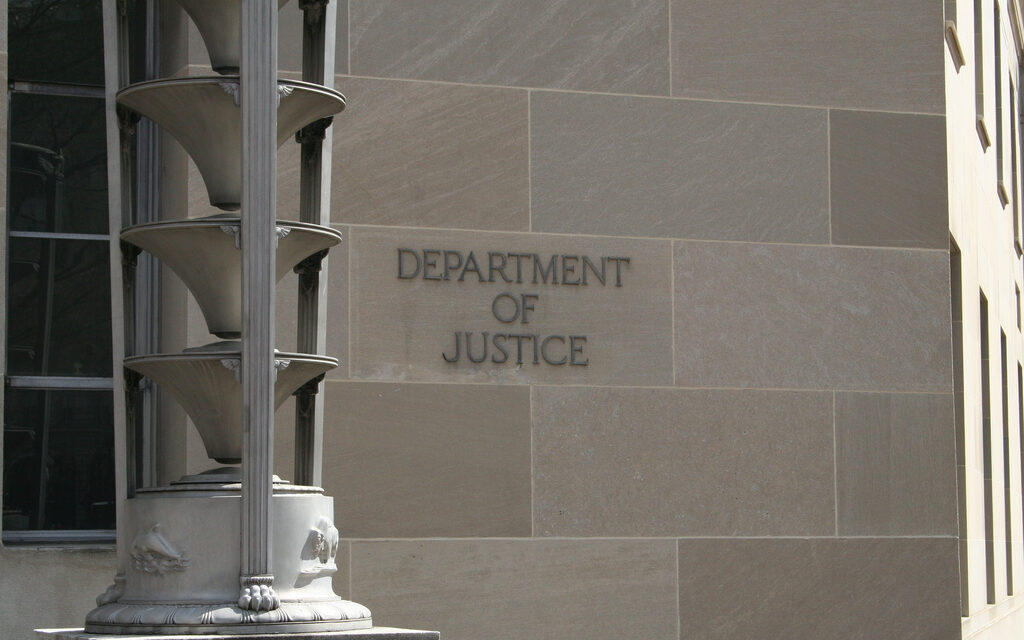News this morning that the Alaska Supreme Court had overturned a law requiring teenagers to get parental consent before an abortion came as a bit of a surprise, I must admit. I was under the impression that Alaska was solidly Republican, and solidly anti-abortion. But perhaps the justices on the court are simply solidly libertarian in the true sense of the word — in favor of civil liberties, even for teenage women (caution: .pdf file):
…[W]e ultimately conclude that the Act
does not strike the proper constitutional balance between the State’s compelling interests
and a minor’s fundamental right to privacy. […]The State’s asserted interest in protecting a minor from her own immaturity by encouraging parental involvement in her decision-making process is undoubtedly compelling. But by prohibiting a minor from obtaining an abortion without parental consent, the Act effectively shifts that minor’s fundamental right to choose if and when to have a child from the minor to her parents.
(cont.)
The plaintiffs assert that the PCA [ed. note: Parental Consent Act] burdens minors’ fundamental right to privacy under article I, section 22 of the Alaska Constitution. This section of the
constitution maintains that “[t]he right of the people to privacy is recognized and shall not be infringed.” As we have previously explained, the primary purpose of this section is to protect Alaskans’ “personal privacy and dignity against unwarranted intrusions by the State.” Because this right to privacy is explicit, its protections are necessarily more robust and “broader in scope” than those of the implied federal right to privacy.Included within the broad scope of the Alaska Constitution’s privacy clause is the fundamental right to reproductive choice. As we have stated in the past, “few things are more personal than a woman’s control of her body, including the choice of whether and when to have children,” and that choice is therefore necessarily protected by the right to privacy. Of course, our original decision concerning the fundamental right to reproductive choice specifically addressed only the privacy interests of adult women, but because the “uniquely personal physical, psychological, and economic implications of the abortion decision . . . are in no way peculiar to adult women,” its reasoning was and continues to be as applicable to minors as adults. Thus, in Planned Parenthood I, we explicitly extended the fundamental reproductive rights guaranteed by the privacy clause to minors. […]
In sum then, the PCA does not represent the least restrictive means of achieving the State’s asserted interests and therefore cannot be sustained. In reaching this decision, we go no further than the Alaska Constitution demands, and merely reaffirm that the State does not strike the proper constitutional balance between its own compelling interests and the fundamental rights of its citizens by adopting an
unnecessarily restrictive statute.
Two things of note. This decision is based on the Alaska Constitution’s express provision of a right of privacy, so it will have no persuasive effect on federal court decisions which rely on an implied right of privacy in the US Constitution. Second, the majority decision indicated that a parental notification law would likely be permissible as being less burdensome than a parental consent law. Notwithstanding those two qualifications, this is still very good news for abortion supporters.
It also points up the utility of individual state constitutions which may go farther than the federal constitution in the realm of privacy rights. My recommendation to activists is to examine your own state’s constitution and, if it does not include an explicit right of privacy, start a campaign to change it so that it does, whether through lobbying the state legislature or initiating a state referendum to add such an amendment. The federal constitution contains no clause which limits the rights that individual states may grant to their citizens, so the best way to protect those rights in the coming years under the Roberts Court may very well be at the state level.
The right of the people to privacy is recognized and shall not be infringed. Has a nice ring to it, does it not?







